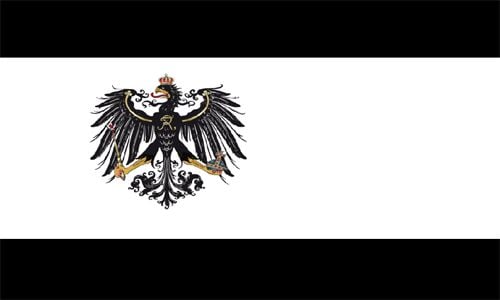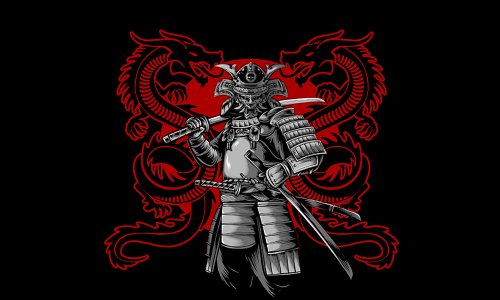| History: |
The land that is now Akarta was once home to seven distinct Akartian-speaking confederacies: the Lumbo, Mashi, Kakashi, Akarti, Penelps, Menavery, and Penari. These confederacies were allied but did not rule together. Patrick the Great, born into the Akarti tribe (the largest, known for art, earthworks, and absorbing smaller groups), united these confederacies into a single dominion.
This unification was achieved through a combination of strategic alliances and conquest.
Patrick the Great became the first Akartan Emperor, with a vision to expand the country westward without becoming a ruthless dictator. The westward expansion was relatively easier due to a lower population density in those territories. Patrick the Great has ruled for the past 22 years. Despite being the emperor, Patrick the Great faces checks on his power. Form of Government: United Empire, a constitutional monarchy where the Emperor serves as the head of state, but legislative power is vested in a Senate.
Head of State: The current Emperor is Patrick the Great, who holds a significant symbolic role and can influence policy through his prestige and relationships, as well as through royal prerogatives Emperors have considerable power.
Legislative Branch: The Senate is the primary legislative body, consisting of 200 senators. it is implied they debate and pass laws, approve budgets, and likely oversee government actions. The "Enlightened Senate" under Patrick the Great has significant influence over policy, particularly in funding science and education.
Executive Branch: the Emperor is the head of state, who manages the day-to-day affairs of the executive branch and is accountable to the Senate.
Judicial Branch:
Rule of Law: Federal law is supreme, but tribal customs are permitted if they don't conflict with federal law.
Progressive Laws: Legislation passed by the government (the Senate, with the Emperor's assent) reflects progressive social values.
Social Welfare: The government, through its legislative and executive branches, manages the universal healthcare and social security systems.
In summary, Akarta has a governmental structure featuring an elected Emperor as head of state and a powerful Senate composed of 200 members who hold legislative authority. An executive branch exists to implement laws, and a judicial system to interpret them. The government operates under a framework of federal law while accommodating tribal customs, and it enacts progressive social policies with a strong emphasis on social welfare, all while power is centralized in the capital. The capital city of Akarta City is the center of political and economic power.
The Monarch (Head of State):
Title: Emperor (currently Patrick the Great).
Nature of Role: Hereditary head of state with significant symbolic authority and potential influence. Power is constitutionally limited.
Powers:
Symbolic head of the nation.
Potential to influence policy through prestige and relationships.
Possesses the power to veto legislation passed by the Federal Senate.
Accountability:
Can be overridden by a simple majority vote of the national population in a referendum.
Can be overridden by a 60% vote of the Federal Senate.
Can be removed from office through a "No Confidence in the Emperor" process:
Initiated by a simple majority vote in the Federal Senate.
Requires a simple majority vote of the national population in a referendum.
Requires a 60% vote in favor of removal from the Federal Senate.
If dethroned, cannot be Emperor again for 10 years.
The Emperor cannot veto a successful vote of no confidence leading to their removal.
II. The Federal Legislature: The Senate:
Name: Federal Senate.
Composition: 200 senators.
Representation: Each of Akarta's 16 states elects senators. Some states have 12 senators, and others have 13 to reach the total of 200.
Election: Senators are voted on directly by the people of their respective state through a simple majority system.
Powers:
Primary legislative body responsible for debating and passing federal laws.
Approves the federal budget.
Likely oversees the actions of the executive branch.
Can veto a vote of no confidence against the executive branch with a simple majority.
Can override the Emperor's veto with a 60% vote.
Can initiate a "No Confidence in the Emperor" measure with a simple majority vote.
Accountability:
Senators can be recalled by the people if 10% of the national population signs a ballot measure stating they are unfit for office.
If a recall measure qualifies, a snap election is held in the senator's state, where a simple majority can vote them out.
Senators removed through recall are permanently barred from holding federal office again.
The people can override the Senate's veto of a "no confidence" vote against the executive with a 60% national vote.
III. The Federal Executive Branch:
Head of Government: Likely a Prime Minister or Chancellor (title not yet specified).
Role: Manages the day-to-day affairs of the government and leads the executive ministries and agencies.
Accountability:
While the specifics of their removal haven't been detailed, the Senate can hold a vote of no confidence against the executive branch. If such a vote passes, the government may be required to resign unless the Senate vetoes it (which can then be overridden by the people).
IV. The Federal Judicial Branch:
Structure: Not yet detailed, but implied to exist as a system of courts responsible for interpreting and enforcing federal laws. Likely a hierarchical structure with a supreme court or similar apex body.
V. State Governments (16 States):
Governor (Executive):
Elected directly by the people of their state through a simple majority vote.
Must be confirmed by the State Senate before taking office.
State Senate (Legislative):
Composed of 20 state senators per state (total of 320 state senators across the nation).
State senators are voted on directly by the people of their state.
Confirms the appointment of the Governor.
Powers and Limitations:
State governments have autonomy in areas not explicitly reserved for the federal government.
State laws can be stricter than federal law but not more relaxed when it comes to environmental laws or anti-discriminatory laws.
VI. Direct Democracy Mechanisms:
Popular Recall of Senators: 10% national signature threshold for a recall ballot, simple majority vote to remove.
Popular Override of Senate Veto (No Confidence): 60% national vote to override.
Popular Override of Emperor's Veto: Simple majority national vote to override.
Popular Dethronement of Emperor: Simple majority national vote required, in addition to a simple majority Senate vote to put it on the ballot and a 60% Senate vote in favor of removal.
|














